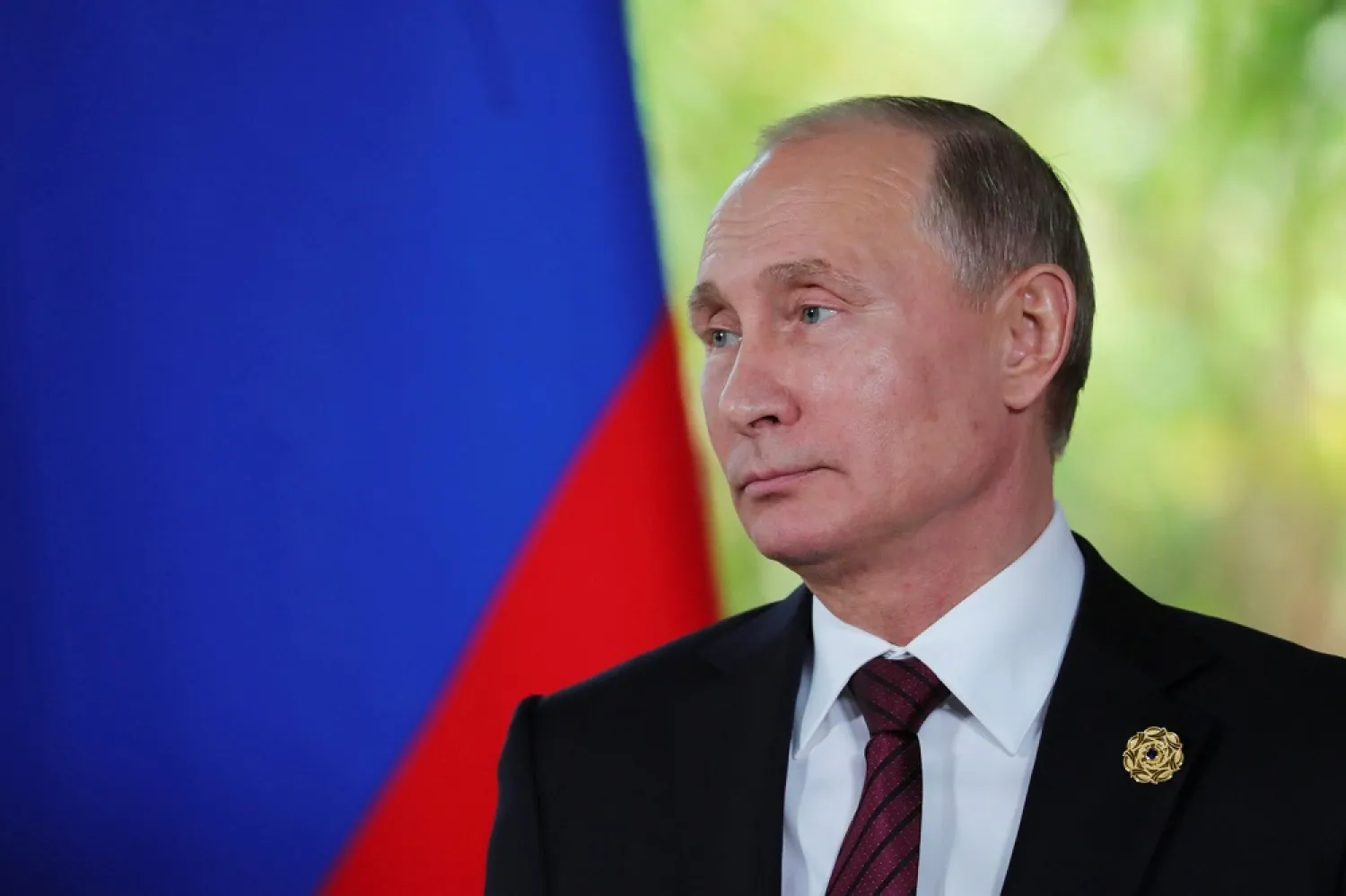Russian President Vladimir Putin stressed on Saturday that his country will continue in helping Syria preserve its sovereignty, while pushing for the adoption of a political settlement to end the conflict.
He voiced his priorities for the war-torn country during a cable he sent to regime leader Bashar Assad on the occasion of the holidays.
The Kremlin had published on its official website a cable Putin had sent to several former Soviet state leaders, as well as the leaders of various world countries.
In his message to Assad, the Russian leader said that Moscow will also exert efforts to reconstruct Syria and rebuild its economy.
Russia became involved in the Syrian conflict in September 2015, when it began an aerial campaign in support of Assad's regime. Putin ordered a partial withdrawal of the Russian army from Syria earlier this month.
Russia does retain a military presence in Syria, however, through its naval base at Tartus, whose expansion Moscow agreed earlier this month, as well as Hmeimim, where Russian singers performed a New Year variety show Saturday.
Moscow is hoping to hold in Sochi in January a meeting for various Syrian factions to pave the way for a political settlement. Opposition groups have however rejected the meeting.
They said that the congress wan an attempt to "circumvent" the UN-led peace process.









